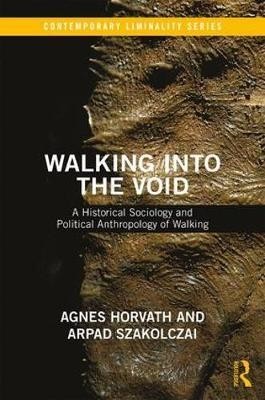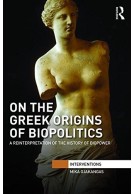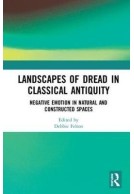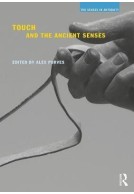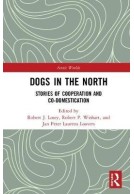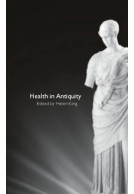Walking into the Void: A Historical Sociology and Political Anthropology of Walking (Hardback)
Imprint: Routledge
Series: Contemporary Liminality
Pages: 240
Illustrations: 7 Halftones, black and white; 7 Illustrations, black and white
ISBN: 9781138214484
Published: 2nd November 2017
Script Academic & Professional
Series: Contemporary Liminality
Pages: 240
Illustrations: 7 Halftones, black and white; 7 Illustrations, black and white
ISBN: 9781138214484
Published: 2nd November 2017
Script Academic & Professional
You'll be £75.00 closer to your next £10.00 credit when you purchase Walking into the Void: A Historical Sociology and Political Anthropology of Walking. What's this?
+£4.99 UK Delivery or free UK delivery if order is over £40
(click here for international delivery rates)
Need a currency converter? Check XE.com for live rates
(click here for international delivery rates)
Need a currency converter? Check XE.com for live rates
The book starts by discussing the significance of walking for the experience of being human, including a comparative study of the language and cultures of walking. It then reviews in detail, relying on archaeology, two turning points of human history: the emergence of cave art sanctuaries and a new cultural practice of long-distance pilgrimages', implying a descent into such caves, thus literally the void'; and the abandonment of walking culture through settlement at the end of the Ice Age, around the time when the visiting of cave sanctuaries also stopped. The rise of philosophy and Christianity is then presented as two returns to walking. The book closes by the ambivalent relationship of contemporary modernity to walking, where its radical abandonment is combined with attempts at returns. The book ventures an unprecedented genealogy of walking culture, bringing together archaeological studies distant in both time and place, and having a special focus on the significance of the rise of representative art for human history. Our genealogy helped to identify settlement not as the glorious origin of civilisation, rather as source of an extremely problematic development. The findings of the book should be relevant for social scientists, as well as for those interested in walking and its cultural and civilizational significance, or in the direction and meaning of human history. 
Other titles in the series...
Other titles in Routledge...







